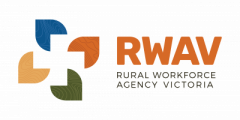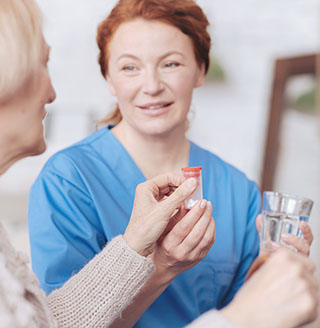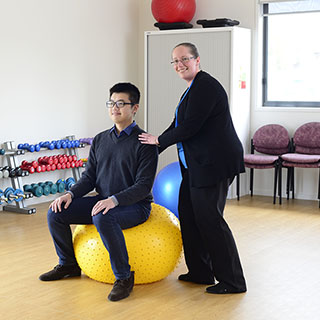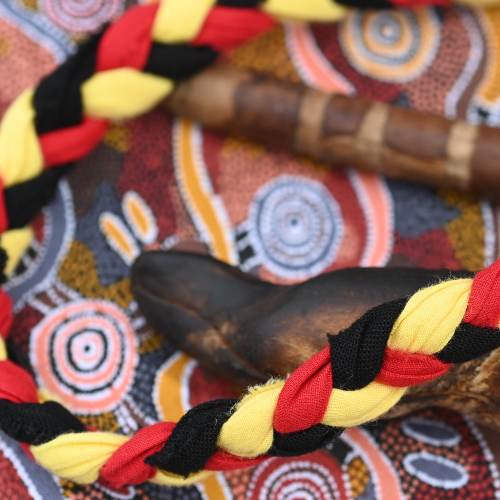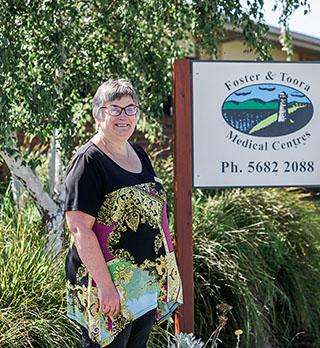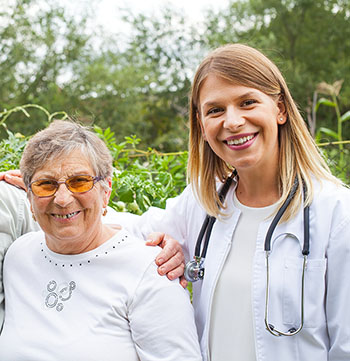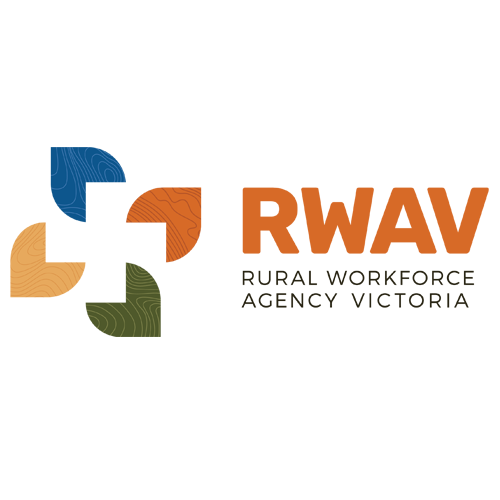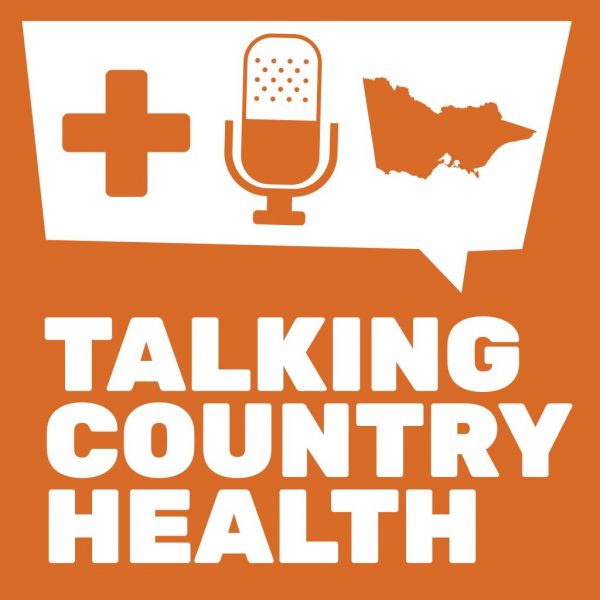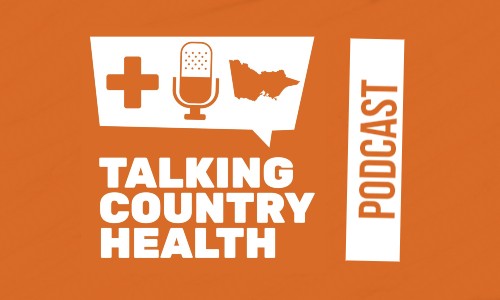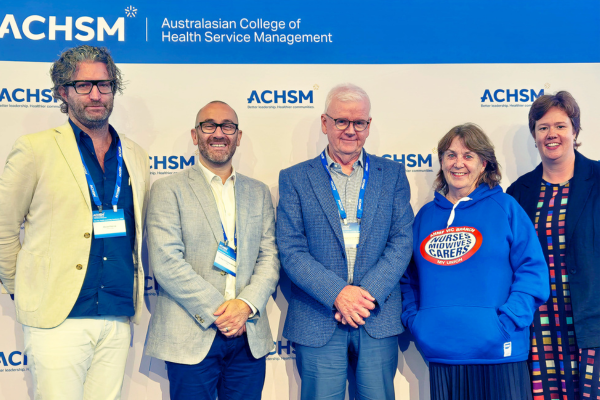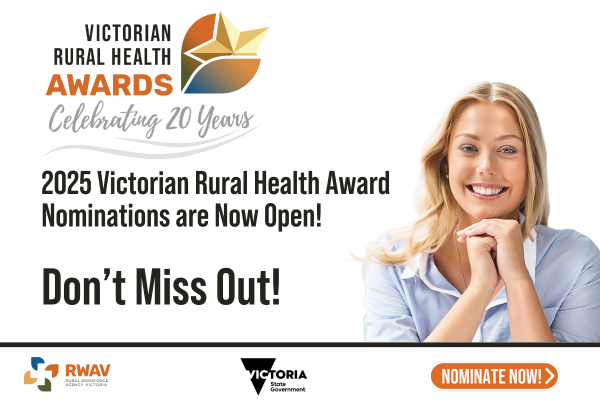By Associate Professor Amar Trivedi, Obstetrician and Gynaecologist, Outreach Service Provider to Wonthaggi
As a new specialist, I started participating in the Rural Outreach Service program at least 16 years ago with the primary purpose of increasing my patient numbers and widening my patient catchment area. With the passage of time, I started realising that I was really enjoying my visits to the rural area and helping these communities overcome the hardship of not having specialists in their towns.
The people in the towns I visit are genuine and easy to deal with, making my experience very pleasant and enjoyable. The hospital staff are always ready and willing to help and nothing seems too onerous for them. These attributes of our rural areas have kept me going in this program for a long time.
The program provides specialist medical care to the people of rural communities at their doorstep with no additional cost to them. With modern technology such as Skype and tele-health programs, medical specialists can also carry out remote consultations within certain cases. A large majority of surgeries in rural hospitals are done by visiting specialists. In metropolitan hospitals, they are done by trainee specialists, under specialists’ supervision.
I have performed a variety of surgeries including urinary incontinence surgery, pelvic floor repair surgery and diagnostic surgery for gynecological malignancies. Patients requiring further definitive surgery, for example gynecological malignancy, are then transferred to the metropolitan hospitals. However, their subsequent surveillance is made possible by the visiting specialist in their communities through the outreach programs operated by RWAV.
An additional benefit to RWAV’s program is that medical students in the rural placement also benefit from their interaction and teaching from the visiting specialists. Everything from the nature of illnesses reported to bedside manner can be different in regional towns, compared to big cities. Medical students, through their association with RWAV specialists are provided with first-hand experience that is invaluable to their education as health professionals.
I find my visits to rural communities less stressful, more rewarding and the drive is enjoyable, with a short coffee break in between visits. I intend to be part of this program for many years to come.
